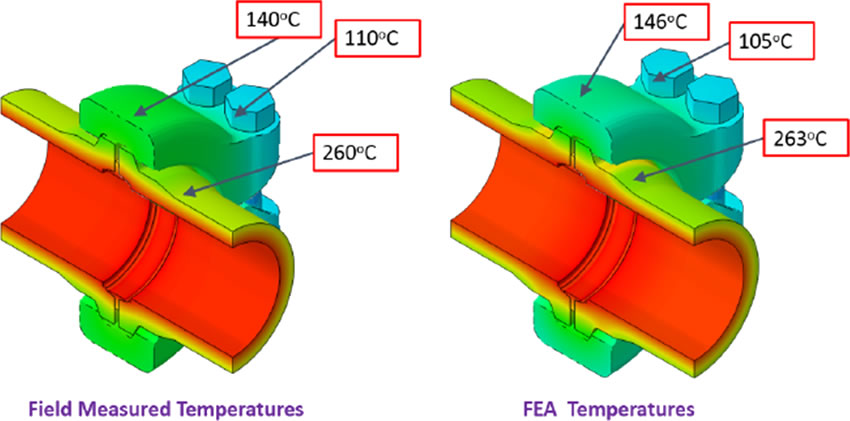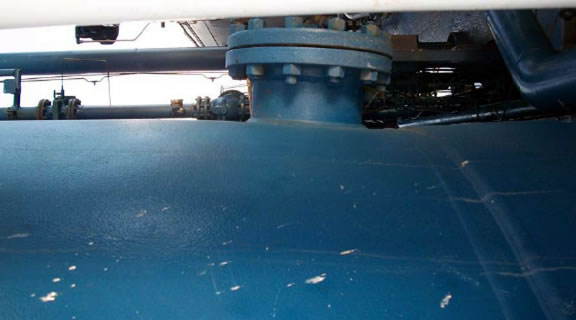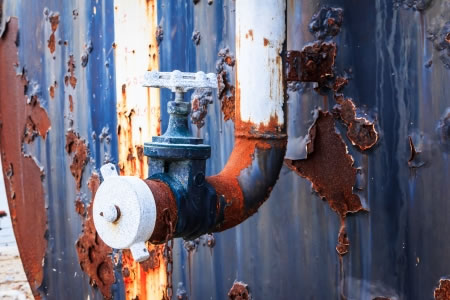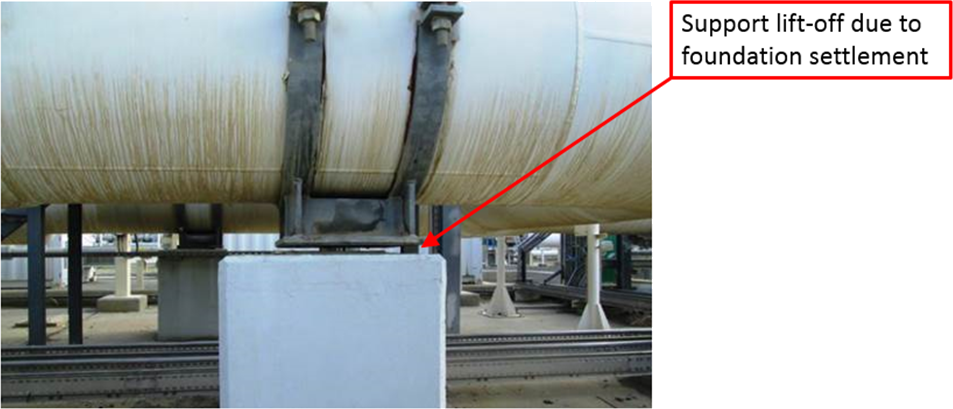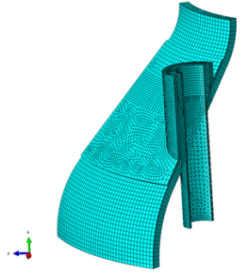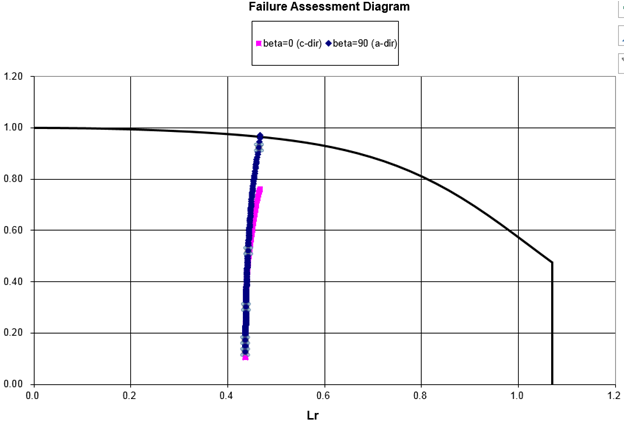Operability And Fitness-for-Service (FFS) Of ASME Equipment In Nuclear Power Plants
Bringing Order and Logic to the Evaluation Process There is a multitude of documents and reports that describe the damage mechanisms of ASME pressure equipment (vessels, pumps, valves, piping, and tanks, and their supports) in nuclear power plants. Thousands of pages published by EPRI, the NRC, ASME, NACE, research laboratories, utilities, contractors, and others, to […]


